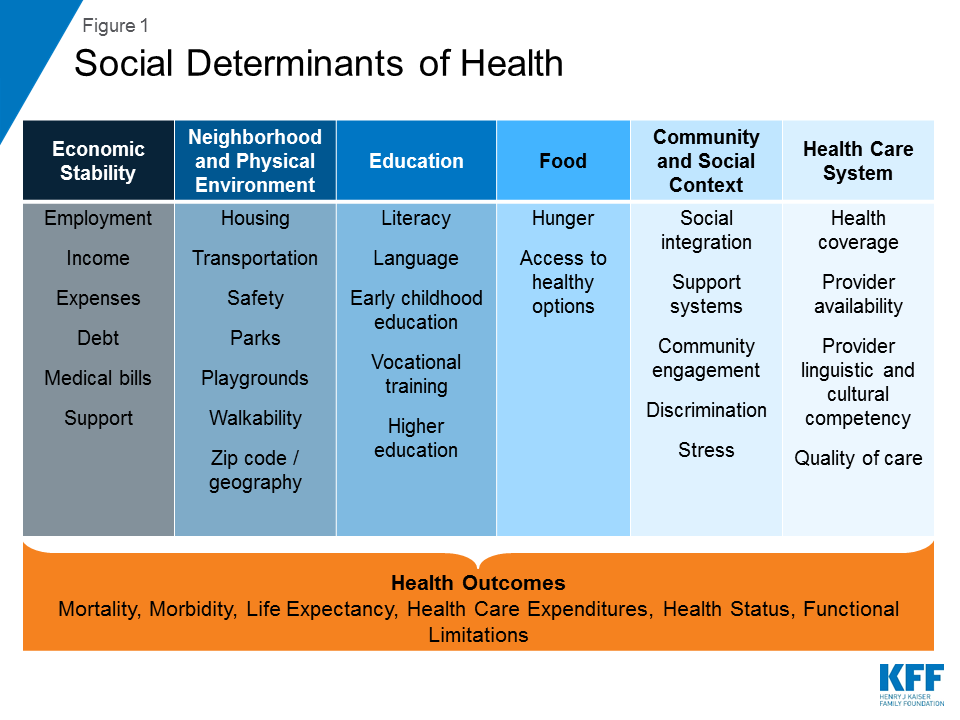Pennsylvanians who have experienced sexual assault and never reported it to police can apply for a share of $5 million to pay for counseling.
“What we have seen with the #MeToo movement, what we have seen with all the unfortunate cases that have befallen Pennsylvania — whether it’s the Jerry Sandusky case, the Bill Cosby case, the [Catholic] Archdiocese … and now we’re seeing it also with the Jehovah’s Witnesses — what that’s doing is kind of stirring up all of these old wounds that have never come forward,” said Jennifer Storm, the commonwealth’s victim advocate.
The state has previously established funds available for crime victims seeking counseling, but Storm said abuse survivors needed to have filed reports with police and claims with the state within two years from the time they gained knowledge of the abuse, which isn’t always plausible. She said the state decided to do something to address barriers to treatment when it saw the Roman Catholic Church’s response to abuse claims after the release of a historic grand jury report that outlined widespread clergy sexual abuse in six Pennsylvania archdioceses.
The church created victims’ compensation funds that put money aside for counseling, made free therapy available for survivors, and reimbursed victims if they sought private therapy before the funds were made available.
“You almost had this huge door that opened that enabled you to access funds and counseling that no other survivor in the commonwealth had,” said Storm.
That left other victims wondering: What about me?
The $5 million set aside from the state’s general fund eliminates the requirement to file a police report and has no statute of limitation.
Victims who were abused before their 18th birthday can get up to $10,000 for therapy. If the abuse occurred after turning 18, victims can access up to $5,000 for therapy with a psychiatrist, psychologist, licensed professional counselor, or licensed social worker by filling out a Sexual Assault Counseling Claim form.
Clergy abuse survivors who received financial help from the church’s compensation funds can also apply for the newly freed state dollars.
Storm said the new funds will provide help to those who have not reported their assaults to law enforcement out of fear of not being believed. According to the Rape, Abuse & Incest National Network, known as RAINN, 3 out of 4 survivors don’t report their assaults — whether out of fear of retaliation or because they thought there was not enough to report.
“It is not the norm to have an assault and then immediately report it, go to the hospital, go to law enforcement,” said Storm. “That certainly does happen, but what we know is that that’s not the norm. The norm is that there’s usually a delayed disclosure.”
But swift action is what the state’s Victims Compensation Assistance Program — the only state-sponsored financial recourse victims had until this week — requires.
VCAP offers up to $35,000 to victims of any crime — not limited to sexual abuse — and can be used to offset the costs of medical expenses, loss of earnings, and counseling. Up to $10,000 can go to therapy, depending on the victim’s age when the abuse happened.
But access to any of that money requires navigating a sometimes-retraumatizing system.
“In part, law enforcement has been a relatively hostile venue for survivors, and even when it’s supportive, it’s a very complex system to be involved in,” said Carol Tracy, executive director of the Women’s Law Project, which has long partnered with police departments to review how they handle sex crimes.
Victims are often interviewed multiple times by police, and have to go through thorough physical examinations for evidence, which is why that process has resulted in underreporting of such incidents across the country.
Survivor advocates have long argued that the quick action required of victims does not always align with how survivors respond.
As with VCAP funds, the risk of fraud is minimized through a vetting process and giving the funds directly to the treatment provider, Storm said. That medical professional is expected to confirm that the client is receiving help.
“As many of us are trying to work to reform our justice system to be more responsive to survivors of sexual assault, this is something that is an important interim measure to make sure that people do have some opportunity outside of law enforcement to get some public funds to help them,” said Tracy.
Seven people have submitted applications so far.



